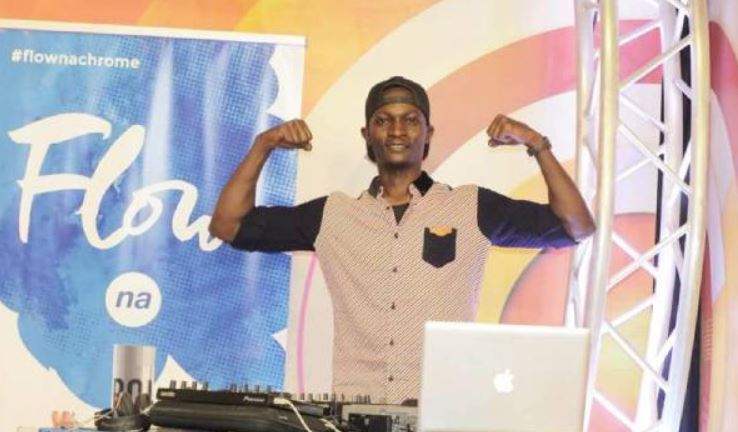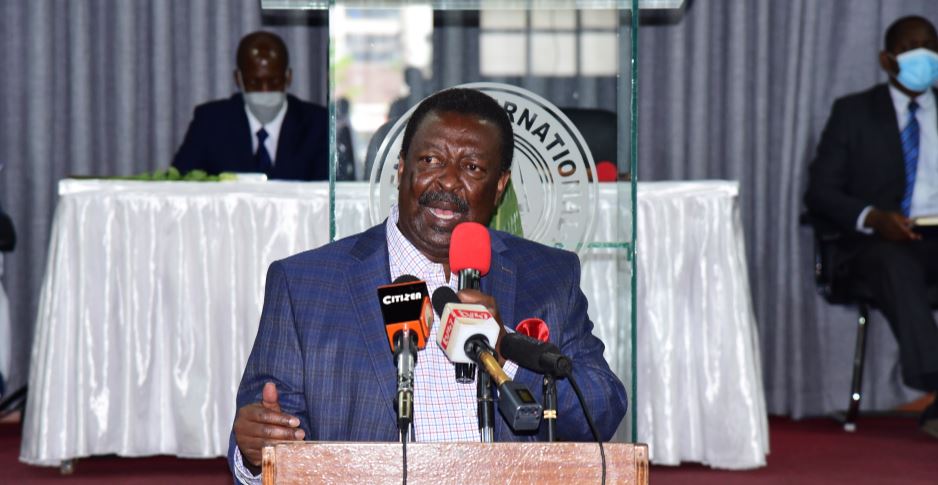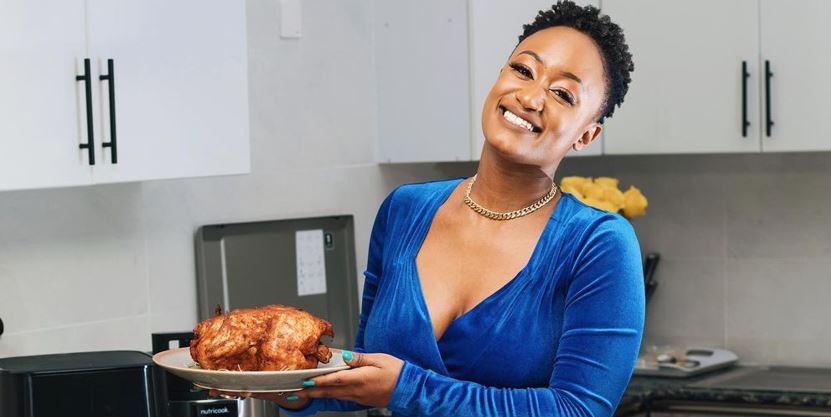 Nelson Isinga aka DJ King Nelly is a self-taught mix master winner who started deejaying due to a lack of money to pursue a college education.
Nelson Isinga aka DJ King Nelly is a self-taught mix master winner who started deejaying due to a lack of money to pursue a college education.
DJ King Nelly won the 2010 Pilsner Mfalme deejaying competition and here’s his story.
When did you start Deejaying and what or who were your early passions and influences?
I started in 2008, almost immediately after high school. It was something I had always been passionate about while in school, and after I cleared my high school exams and couldn’t afford to make it to campus, I had to get something to do to support myself and my sister who was still in school. I was heavily influenced by the American East Coast hiphop DJs during my early stages because I loved music but hiphop had a special place in me.
For most artists, originality is preceded by a phase of learning and often emulating others. What was this like for you and how would you describe your own development as an artist?
Since I didn’t get a chance to attend a DJ school, a lot of my early stages of learning were through apprenticeship. I wouldn’t have it any other way, because this ensured I actually picked a lot of different styles from top DJs and consolidated all those skills into my own style.
What were some of your main challenges and goals when starting out as a DJ and how have they changed over time?
Main challenge starting out, especially for someone passionate to learn the craft, is needing somewhere to practice consistently, either in private or in front of a crowd. Both instances were really hard to come by because equipment was rarely accessible. Most of the established DJs wouldn’t trust you enough to give you a chance before a crowd at that stage of your career. I think the accessibility of equipment has become better over the years because of course they have become more affordable. More DJs own equipment these days.
How would you describe the job and its influence?
I would describe the job as a lot of fun. This comes naturally if you love music and got into it purely because of the love for it. You don’t have to force anything, it flows and it’s easy for everyone in the crowd to see the art in its natural form.
How is your state of mind during a DJ set?
When doing a set, flow is really important. What determines the flow is the crowd and a good DJ will use the crowd as a compass to know what pace to set as the party flows on. For DJs who understand music in a better dimension, there is the Circle of Fifths, a key map that can help you arrange your songs according to their keys for better mixing and flow. Such advanced mixing comes along with time and experience.
What are some of the considerations that go into deciding which track to play next and what makes a good fit?
Deejaying involves a lot of creativity. It’s a delicate art and easy for the ordinary eye to overlook the technical aspects, but I can tell you whenever you hear a good DJ mix, just know the artist has tapped into the same creative part of the brain as a classical pianist or surgeon or a jazz musician. The improvisation is as a result of creative genius.
Would you say deejaying is improvisation, composition in the moment, or as something entirely different?
Whenever a DJ goes out to do a set, the goal is to mesmerize the audience and pull them into his own creative world using songs that they probably already know, so it is the delivery and style that sets DJs apart. When you successfully draw your crowd into your creative bubble it fuels you to keep it going.
How would you describe the relationship between your choices and goals as a DJ and the expectations, desires and feedback of the audience?
How does this relationship manifest itself during a performance? When you love a form of art and are actually passionate about it, it’s not hard to stay focused to have a creative approach to it every time you step up for any kind of challenge, gig or event.
What are the most important things to get right with any party?
You have to read your crowd with perfect precision. This makes everything else just fall into place, like the choice of music, pace of the party, energy etc. Read the room, know your client, you will be fine. You can easily ruin a good party with bad sound.
We are almost approaching Christmas. What are you most looking forward to?
Corporate parties usually skyrocket during the Christmas or year-end period. They usually are some of the best-paying, so I am looking forward to that money.
How do you stay up to date with the latest trends?
With the internet, it’s not hard to stay up to date. You just have to know where to look. Also, your DJ circle of friends can help a lot.
What technique do you apply to engage listeners?
In my experience, different platforms will demand different techniques to engage with your audience. I have been on radio, TV, done international tours and club gigs and each of these will demand a different approach to engage the audience.
What would you say is the most rewarding part of being a DJ?
When you are a passionate creative, the most rewarding part of the job is to actually see a satisfied client after putting them through your creative genius bubble, and them calling you for more gigs and recommending you to even more clients. That to me is very fulfilling.
Does Deejaying pay?
Yes it does. The more your brand is organised as a business entity, the better it will be for you.








